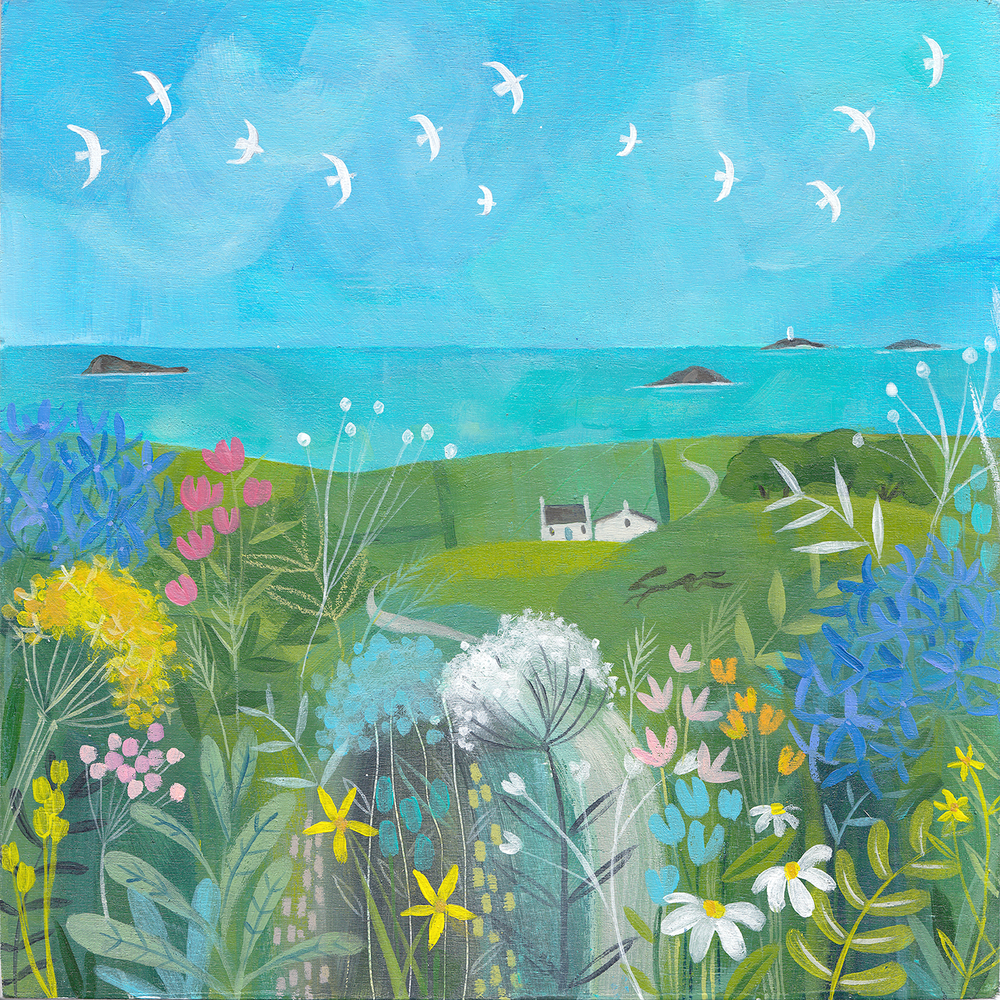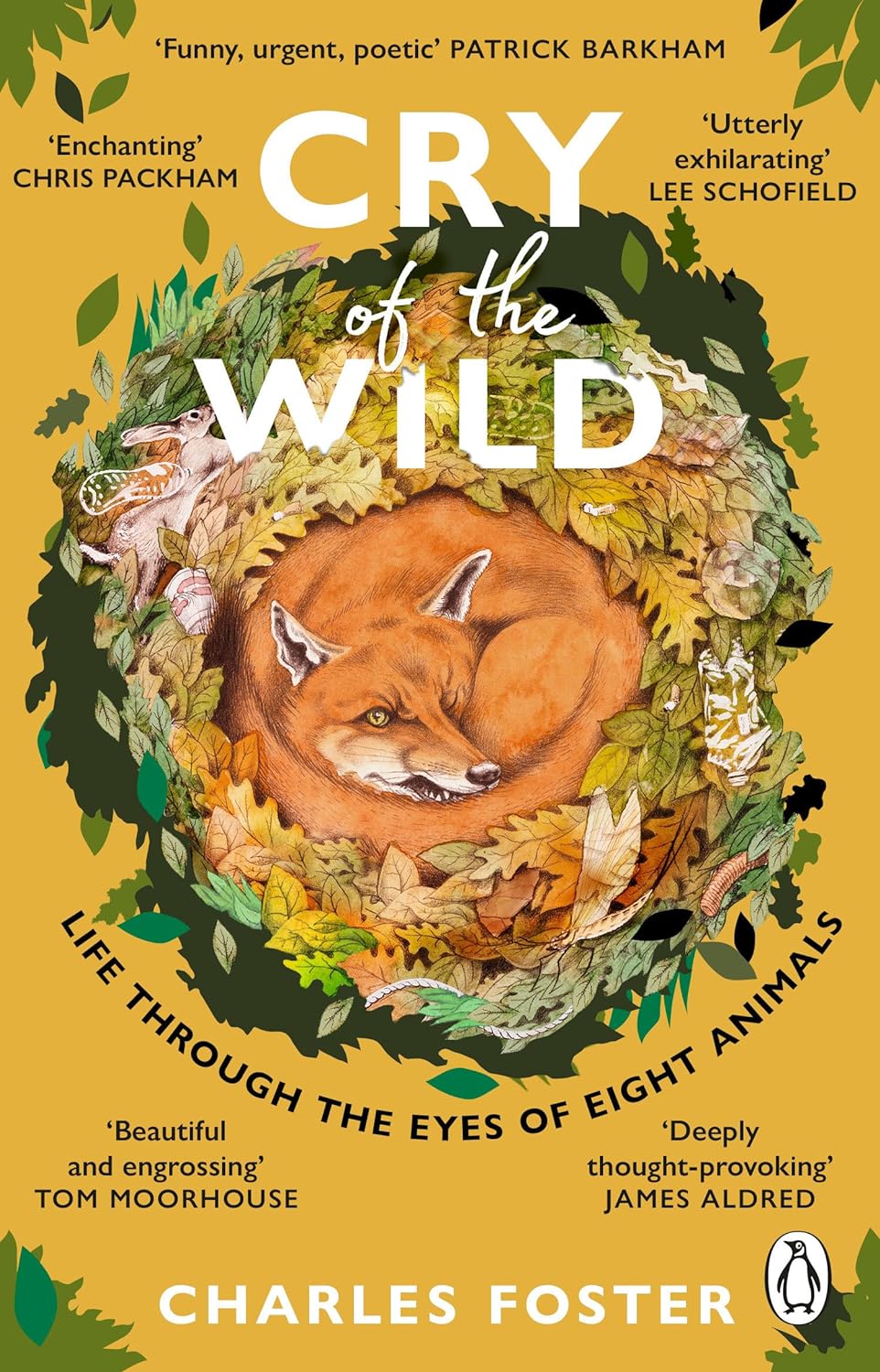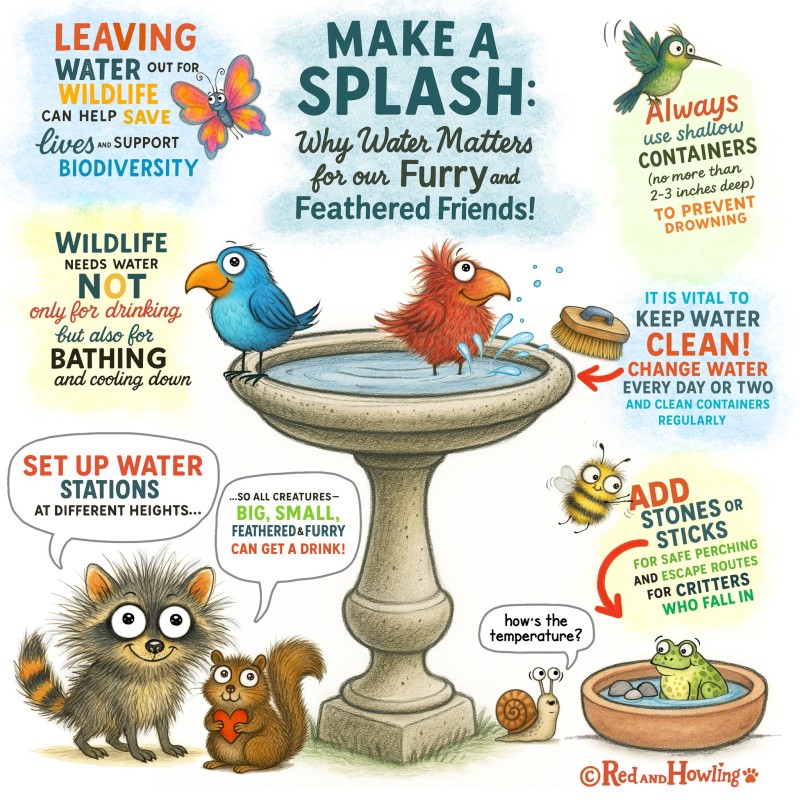Dr Lily (the world’s top animal conservationist?)
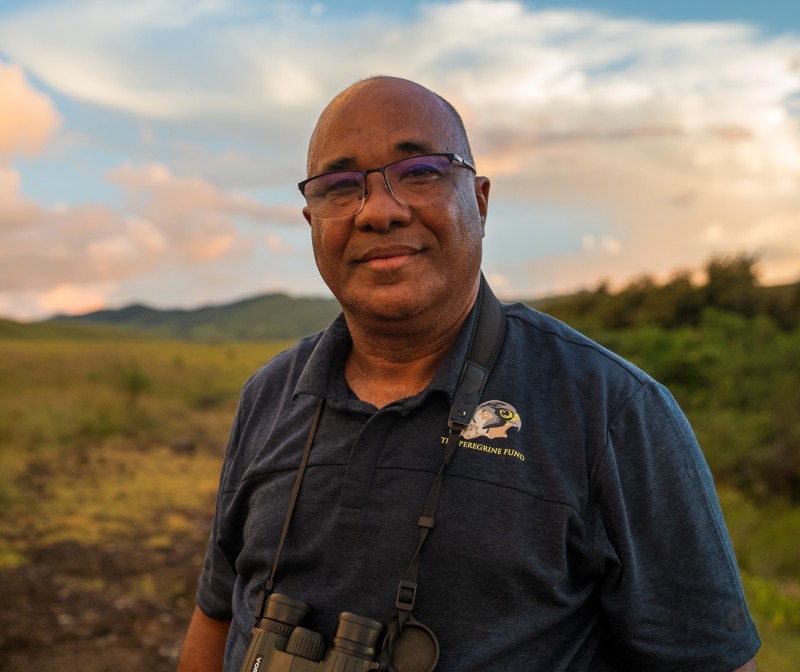
Instead of focusing on awful images and upsetting stories (which undercover investigators heroically do), it’s better to focus on good news stories for the general public, to inspire to prevent wildlife crime. And in 2025, Dr Lily-Arison René de Roland (what a great name!) won the world’s top animal conservation award. So let’s meet him, and find out what he did to win!
Following in the giant footsteps of Jane Goodall, René is Madagascar’s director of The Peregrine Fund, a U.S.-based non-profit. He started out studying local raptors, and now has mentored over 100 students and a team of almost 50 conservationists.
He led his team in rediscovering a rare pochard duck (believed to have been extinct) and also has helped to discover two new species of lemur. Along with a small songbird, that had not been observed in the wild for over 20 years. He’s even had a newly discovered ‘wolf spider’ after him!
Not just about finding new species, he is protecting their habitats. He helped to create four nationally protected areas of rainforests, dry forests, wetlands, mangroves and savannas, covering over 1500 square miles.
Madagascar’s Conservation Model
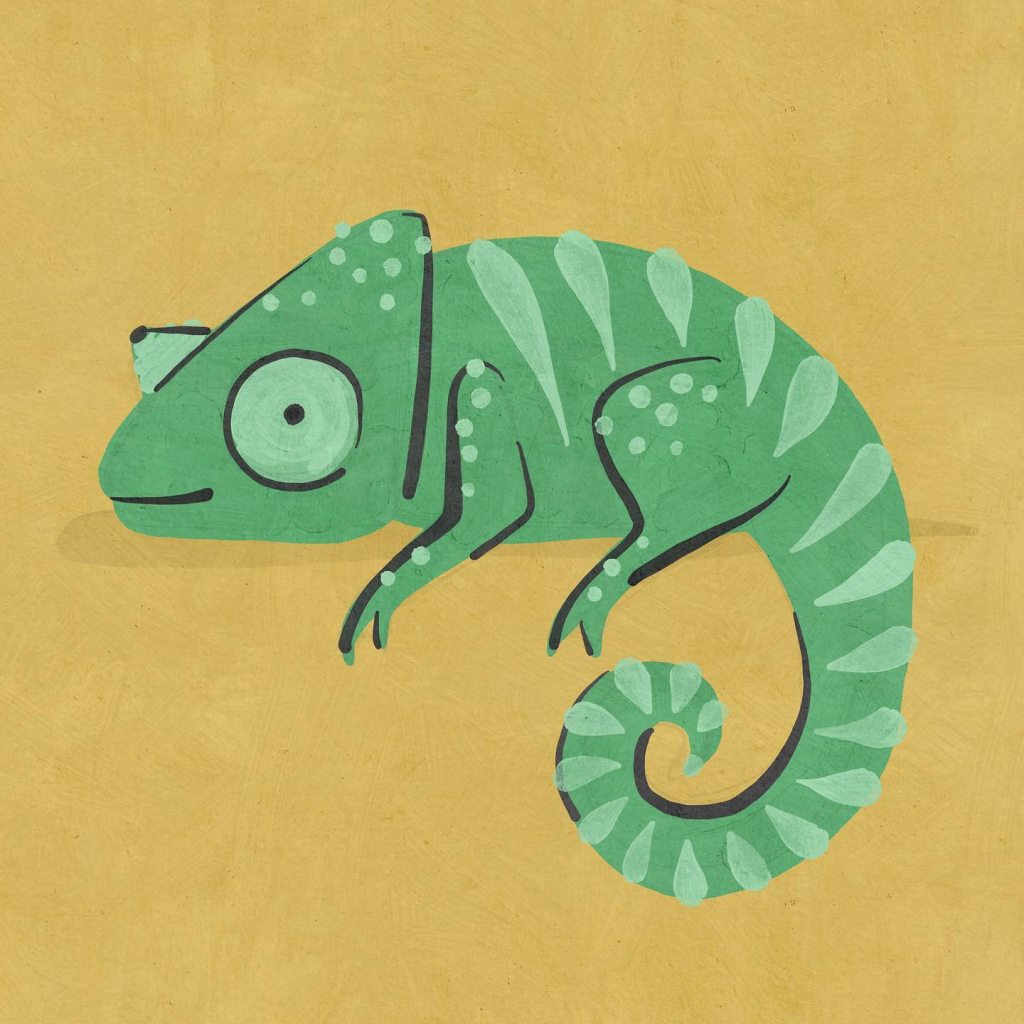
Madagascar (the fourth largest island on earth) is one of the most fascinating places on earth for wildlife. 90% of all creatures are found nowhere on earth, so it pays that the locals want to keep their wildlife. People here literally revere their wildlife (unlike in England, where planners don’t take into account the needs of newts, hedgehogs or beavers).
Community groups in Madagascar have taken action, to drop deforestation by half, and this has ended with sacred forests remaining intact. It’s illegal to fish in lakes that are home to endangered fish or marine creatures.
Lesson for England from Madagascar
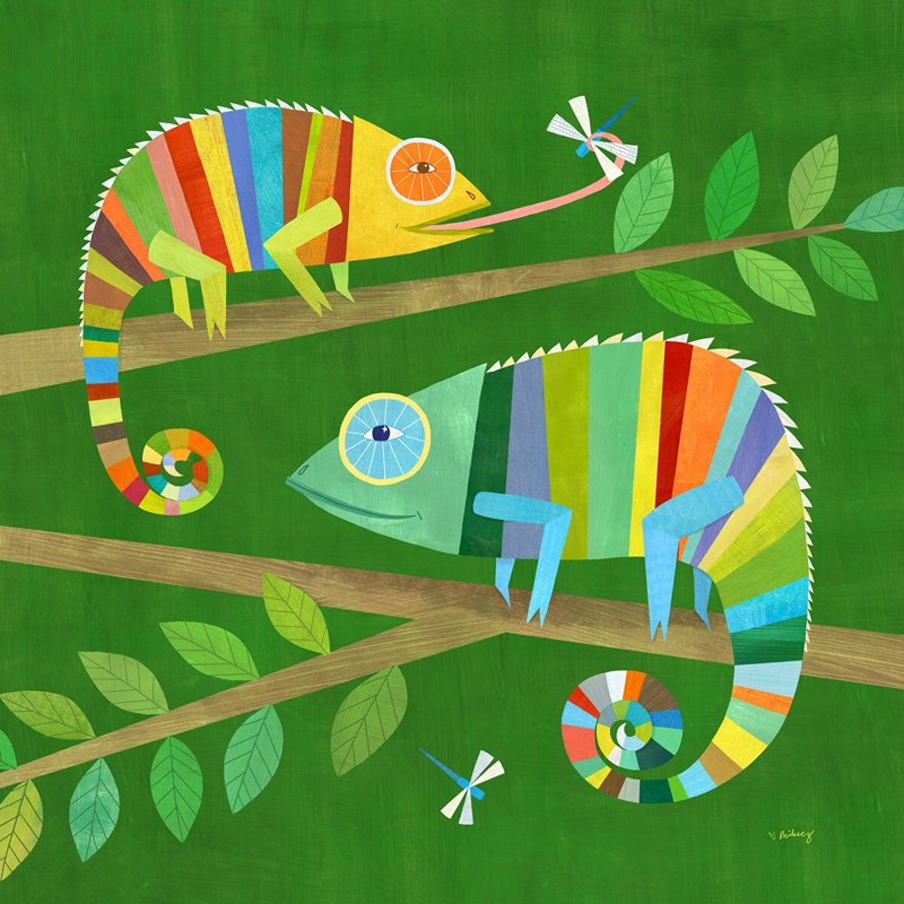
Our rare mammals, birds and insects need connected landscapes. Wildlife corridors, hedgerows and rivers need to be maintained, so that creatures like endangered hedgehogs can travel from hedge to hedge at night, to find food and shelter. The lack of natural spaces is why so many end up on our roads, and get killed. ‘Hedge’ hog – the clue’s in the name.
Another lesson that Madagascar can teach is that ecotourism is big business, and does far more good than slamming bored species in zoos, for children to go gawp at. There are few conservation benefits to zoos ((endangered species are being saved in wild habitats by excellent organisations).
What’s far better is to encourage wonder for wild spaces. The Conservation Volunteers run weekend volunteering expeditions, you can save nature and wildlife, make new friends and learn new skills – tea and biscuits included!
Did you know that vanilla is the world’s favourite food flavour? The best type is from Madagascar. Never use ‘fake vanilla’, even if it’s cheaper. Not only does it taste vile, but often is made from a secretion from beavers (the same that’s used in some perfumes – castoreum).

